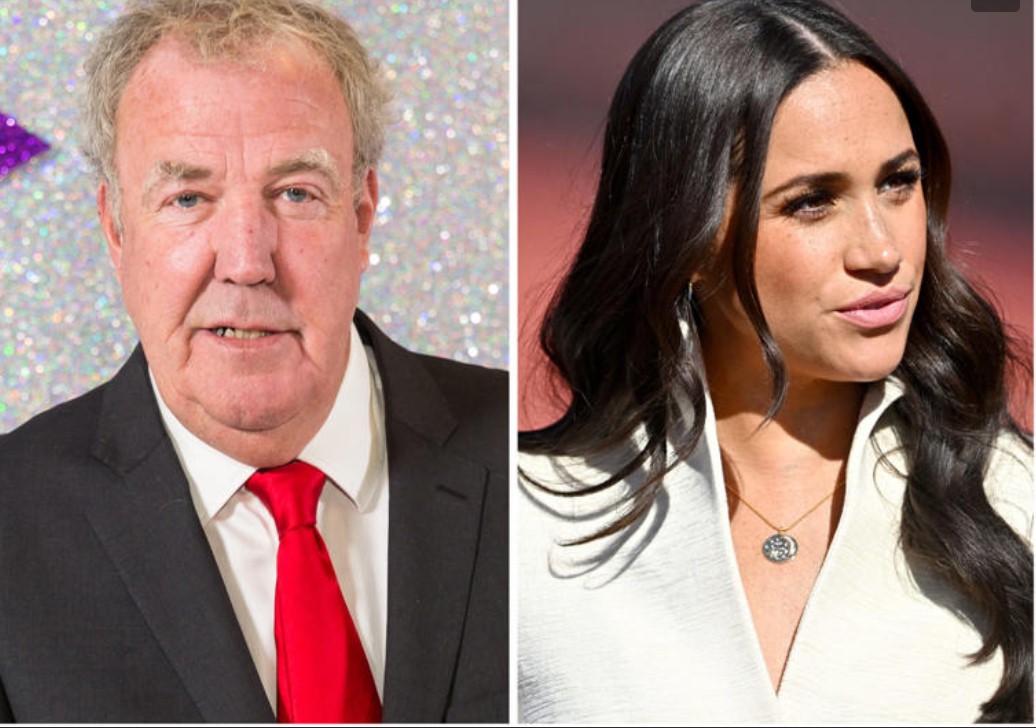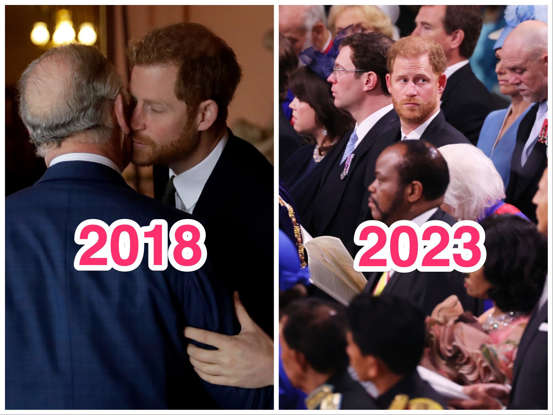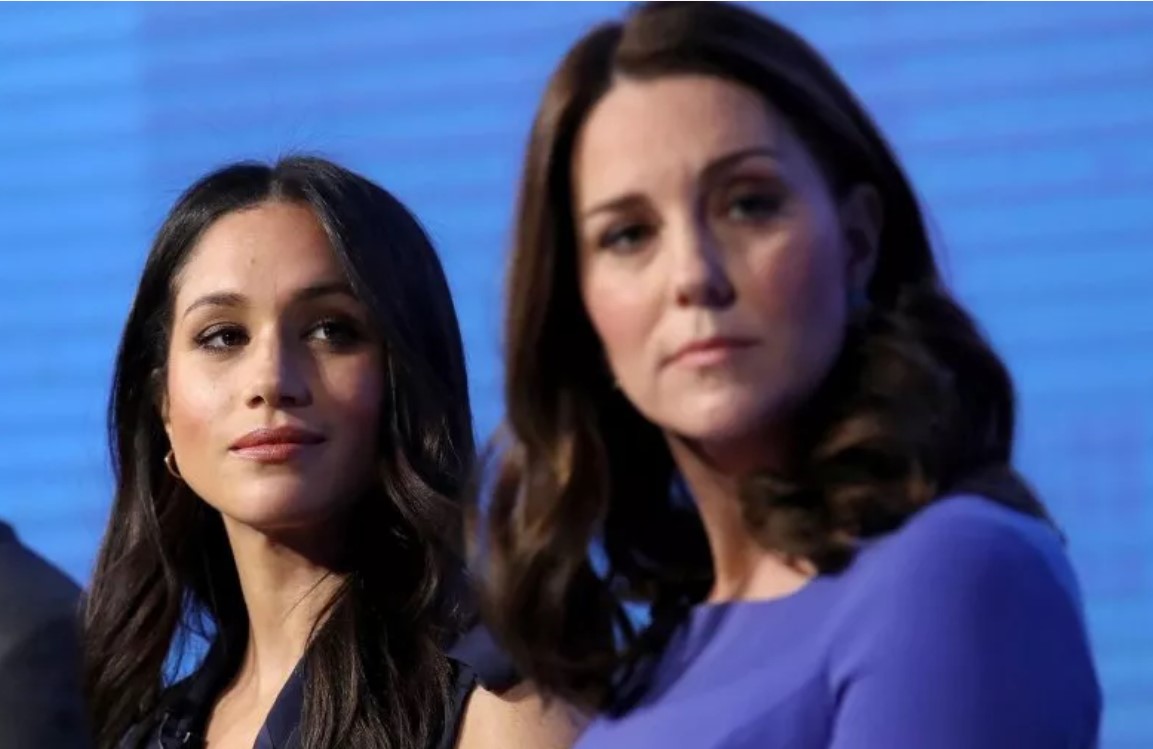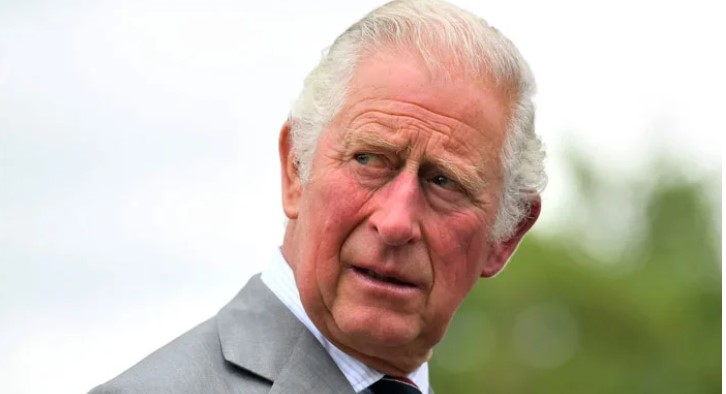Ex-‘Top Gear’ host Jeremy Clarkson’s controversial column about Meghan was sexist but not racist, UK media regulator says

In a recent ruling, Britain’s Independent Press Standards Organisation (IPSO) has declared Jeremy Clarkson’s column about Meghan Markle in The Sun as sexist. The controversial column, which has since been deleted, was published online and in print in December 2022. In the article, Clarkson expressed his hatred for Meghan and even fantasized about her being publicly humiliated.
The former “Top Gear” presenter’s words were undeniably offensive. He wrote, “Meghan, though, is a different story. I hate her. Not like I hate Nicola Sturgeon or Rose West. I hate her on a cellular level.” His disturbing imagination went further, as he described dreaming of Meghan being paraded “naked through the streets” while people hurled insults and excrement at her.
IPSO received an overwhelming number of complaints from the public, totaling over 25,100. The organization initiated an investigation into the column following the complaints lodged by The Fawcett Society and The WILDE Foundation (Women Into Literature, Development & Empowerment), two women’s organizations.
According to IPSO’s findings, the column breached Clause 12 (Discrimination) of the Editors’ Code of Practice by containing “pejorative and prejudicial” references to Meghan’s sex. This ruling marks a historic moment for IPSO, as it is the first time a complaint based on sexism has been upheld since its establishment in 2014.
The committee highlighted Clarkson’s comparison of Meghan to Nicola Sturgeon and Rose West, emphasizing that the only common characteristic among the three women was their gender, accompanied by Clarkson’s expressed hatred. Furthermore, IPSO cited excerpts from Clarkson’s column that perpetuated stereotypes about women using their sexuality to gain power, insinuating that Meghan’s power stemmed solely from her sexuality rather than her accomplishments or attributes.
However, IPSO rejected a complaint alleging racism in the column. The complaint argued that Clarkson’s mention of Meghan transforming Prince Harry into a “warrior of woke” was racially charged, invoking tropes that sexually objectify Black women more than white women. IPSO acknowledged the complainants’ perspective but concluded that there was no pejorative reference to race in the specific portion of the article.

Following IPSO’s request, The Sun published a summary of the findings on its front page and digital edition. The publication had already expressed regret for publishing the article and promptly removed it from their website. They affirmed their commitment to responsible free expression and emphasized their history of advocating for women’s rights, including campaigns against domestic abuse.
Jeremy Clarkson himself expressed remorse for causing hurt and claimed that his remarks about parading Meghan naked through the streets were a clumsy reference to a scene from “Game of Thrones.” He also stated that he privately reached out to the Duke and Duchess of Sussex, although representatives for the couple denied receiving any communication from Clarkson. Prince Harry publicly condemned Clarkson’s words, describing them as “horrific, hurtful, and cruel,” and highlighting the need for accountability in addressing violence against women.
While this ruling sets a precedent for addressing sexism in media, it also brings attention to the ongoing debate surrounding IPSO’s effectiveness as a press regulator. The organization has faced criticism in the past, with claims that press regulation has not significantly improved since the 2012 Leveson Inquiry. As the fallout from Clarkson’s column continues, the focus remains on promoting responsible journalism and combating discrimination in media portrayal.


